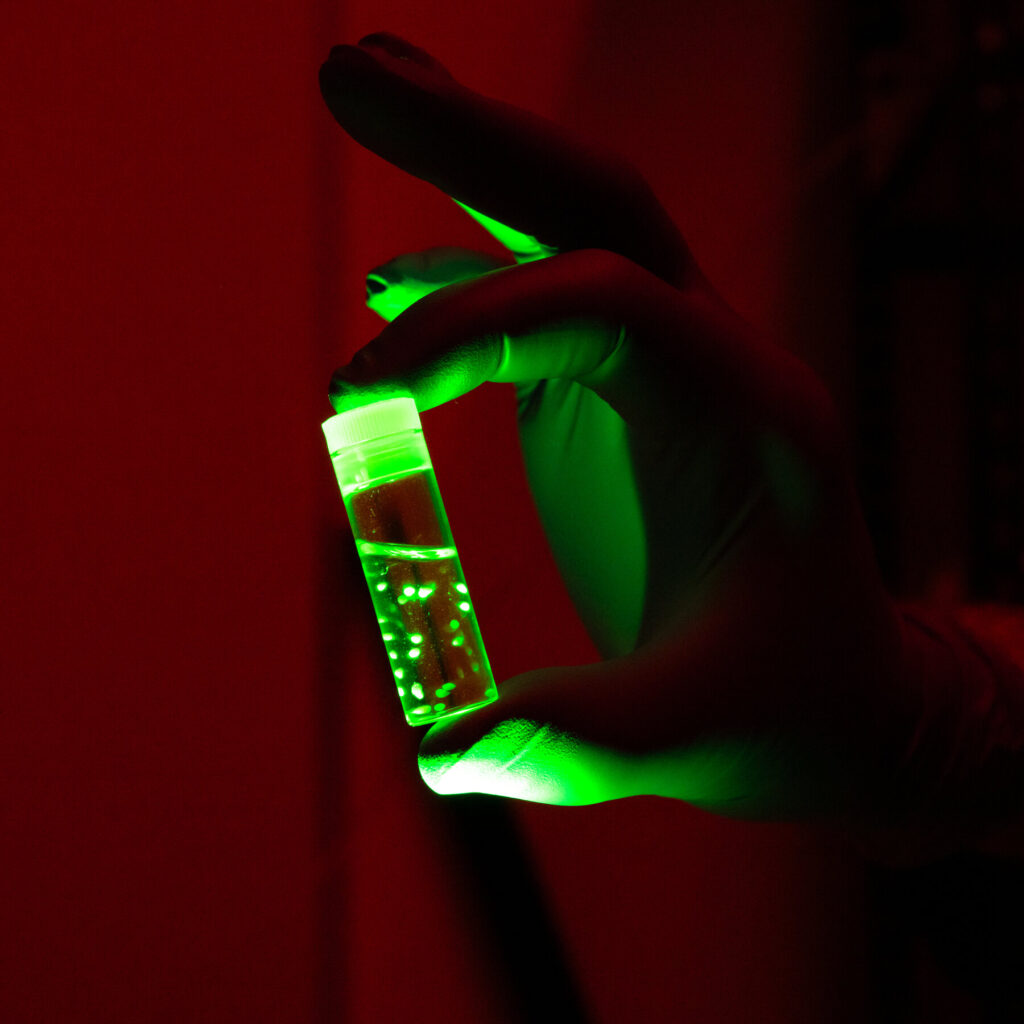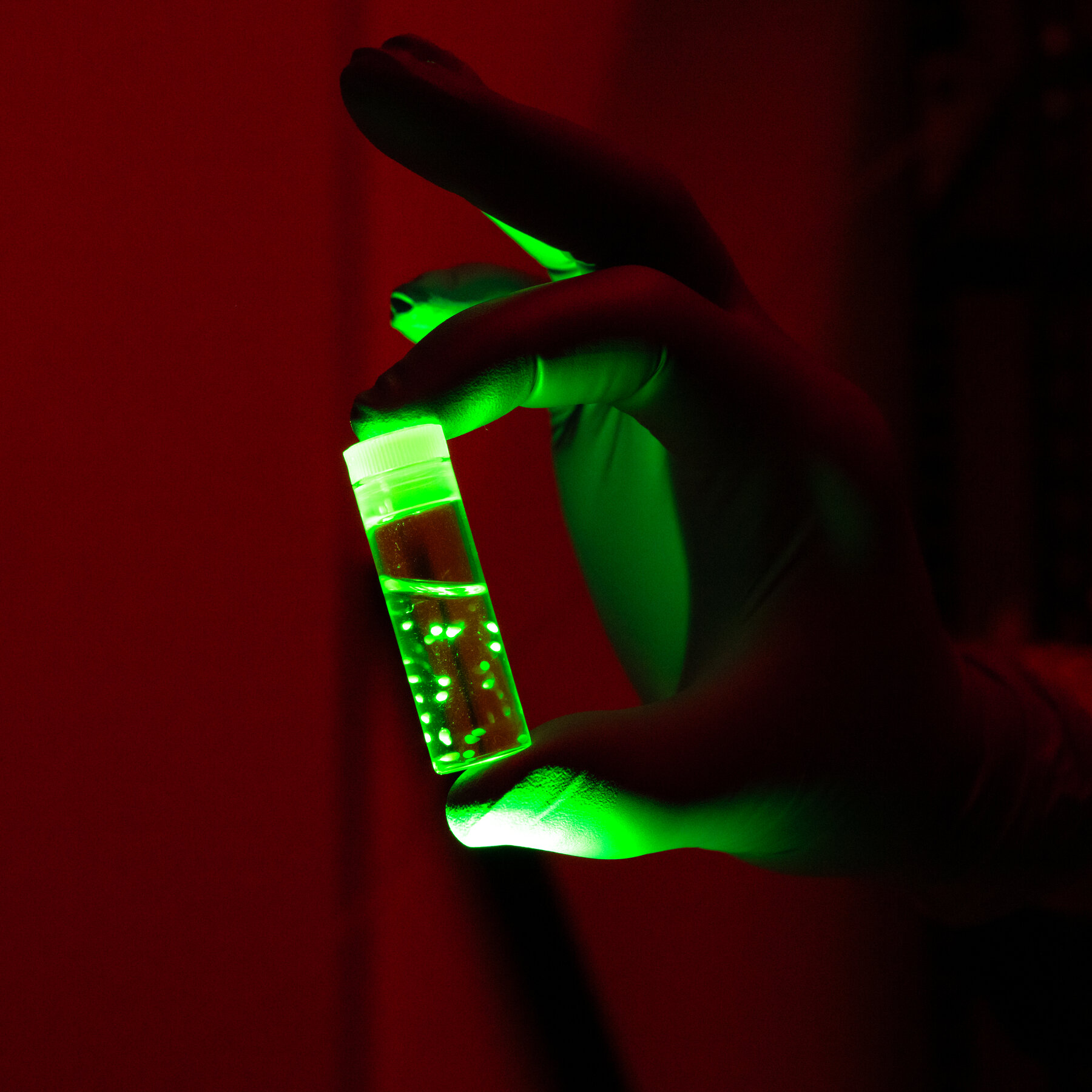What Scientists Are Learning From Brain Organoids
What Scientists Are Learning From Brain Organoids

Lab-grown “reductionist replicas” of the human brain are helping scientists understand fetal development and cognitive disorders, including autism. But ethical questions loom.
Read the full article on NY Times World
Truth Analysis
Analysis Summary:
The article appears mostly accurate, aligning with information from multiple sources regarding brain organoids and their use in research. The article acknowledges ethical concerns, which is also supported by the provided sources. There is a slight slant towards highlighting the benefits and potential of brain organoids, but it also mentions ethical considerations.
Detailed Analysis:
- Claim: Lab-grown “reductionist replicas” of the human brain are helping scientists understand fetal development and cognitive disorders, including autism.
- Verification Source #1: Confirms that scientists are using lab-grown organoids for research.
- Verification Source #3: States that scientists have learned how to create organoids that resemble the brain and use them to study disease and development.
- Verification Source #5: Mentions that organoids are self-assembling cells developed from stem cells.
- Assessment: Supported by multiple sources.
- Claim: Ethical questions loom.
- Verification Source #2: Mentions the need to establish organoid intelligence (OI) ethically.
- Verification Source #4: States that human cerebral organoids raise important ethical concerns.
- Assessment: Supported by multiple sources.
Supporting Evidence/Contradictions:
- Source 1: 'For nearly a decade, scientists have used tiny organoids, lab…'
- Source 4: 'Human cerebral organoids (HCOs) offer unprecedented opportunities to study the human brain in vitro, but they also raise important ethical concerns.'

